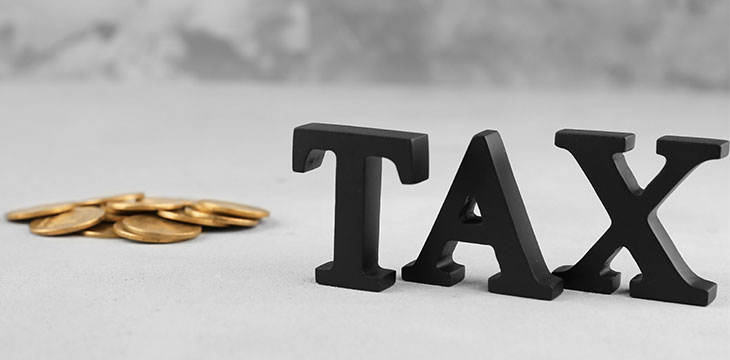The government is going to levy taxes on digital currency gains starting next year as planned—that’s the message that the South Korean administration has issued. The taxation has become the subject of heated debate between the government and the opposition, with the latter seeking to postpone it for one more year.
The taxation law was meant to come into effect this month, imposing 20% tax on digital currency gains above $2,125. After cries of a lack of preparedness by exchanges and traders, the government pushed it to January 1, 2022. The opposition People’s Power Party has been making concerted effort to push it further by a year, but the government is standing its ground on the set date.
Deputy Prime Minister and Minister for Finance Hong Nam-ki has been the main force behind the bill. He has previously played down calls to postpone its enforcement, and during a parliamentary session recently, he dug down further on his conviction that there will be no more postponements.
Hong was speaking during a parliamentary audit of the Ministry of Economy and Finance in Seoul. Responding to a question on whether the law was rushed and if the government had the taxation infrastructure in place, he stated, “Any further delay in the already postponed enforcement will lead to the loss of public trust in government policy and undermine stability in the legal system.”
Rep. Yoo Gyeong-joon, a legislator from the opposition party had asserted that the government is ill-prepared to tax the nascent industry. He described the new regime as “an unstable system for tax administration,” noting that it would disproportionately disadvantage those that used local exchanges as the government hasn’t established a reporting structure for overseas exchanges.
“We have been preparing measures for the taxation for the past two years. The new law governing the digital asset, coupled with a revision to the existing one provides sufficient grounds for the government,” the Finance Minister insisted.
Elsewhere, the head of the Financial Services Commission has pledged to probe listing and delisting standards at some of the major Korean exchanges. Legislators had levied accusations against Upbit, the largest exchange, which they claim has been arbitrarily listing and delisting tokens at will, and raking in trillions of won at it.
Watch: CoinGeek Zurich panel, Service Providers for the Digital Asset Industry: Evolving for Scale
Source: Read Full Article
